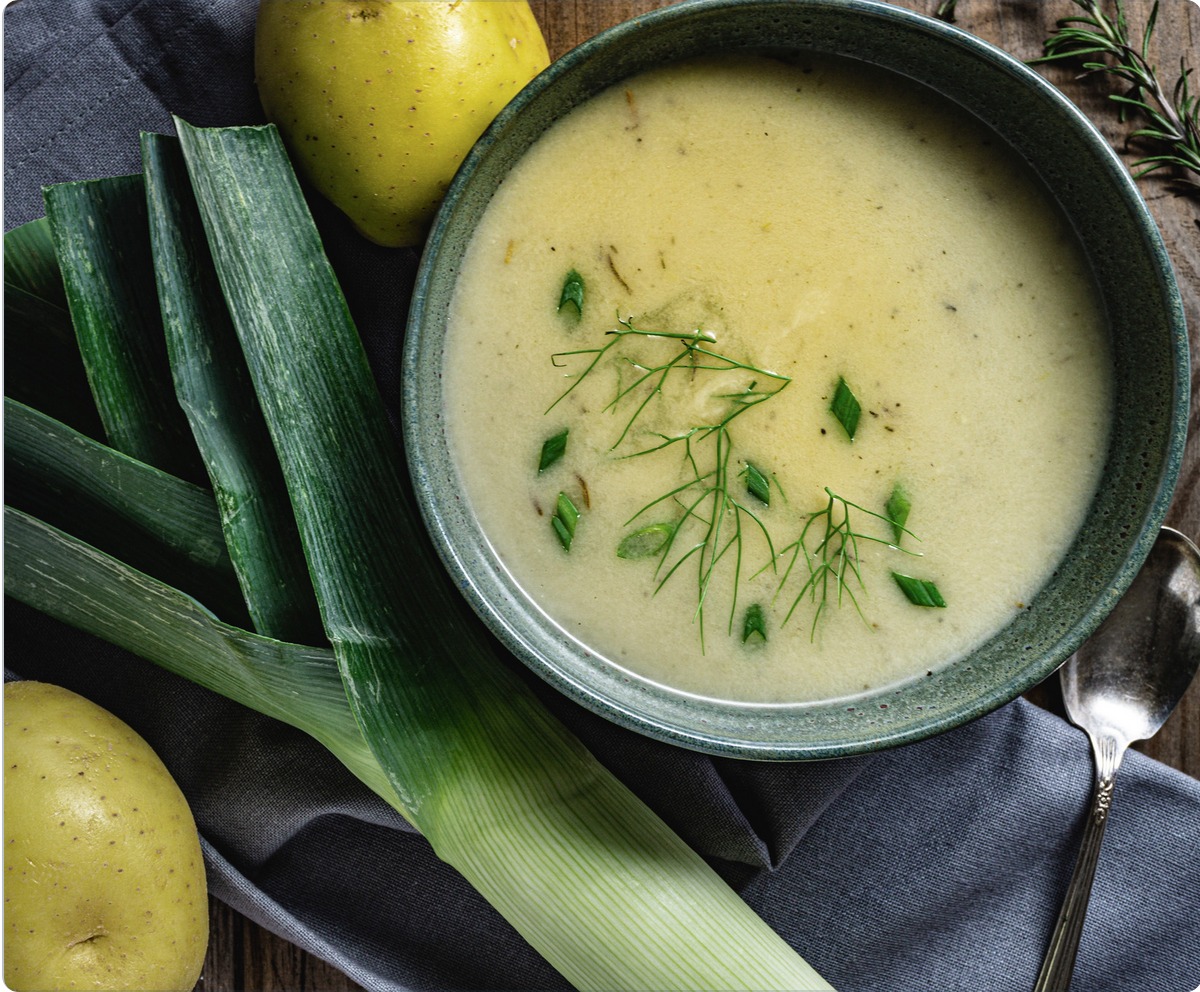What Potato Soup Has To Do with Gratitude
We shuffled inside single file. Though not surprising, the extent of security saddened me. After reading The Hiding Place by Corrie Ten Boom, I knew it was the perfect time to visit our local Holocaust Museum. I attempted to prepare my eighth grade students for the breadth and depth of tragedy they would encounter. In hindsight, I’m not sure that’s possible.
However, what I didn’t expect was how much a simple story of potato soup would teach me about gratitude.
Photo: Courtesy of Canva
The few hours walking through horror and hope culminated in a time to sit and hear, thanks to modern technology, from one of the few remaining Holocaust survivors via an interactive hologram experience. As the red curtain rose, our class sat in designated areas along benches as if ready for a Broadway show. Eva Shloss virtually sat in front of us at the ready for a myriad of questions.
“What was the day like when you were taken from your home?” One student asked.
“What was Anne Frank like?” Another wondered, knowing they were childhood friends.
“What did they feed you at the concentration camp?” Inquiring minds wanted to know. She formed a face that immediately evoked disgust. Brown water representing a coffee-like drink was offered in the morning followed by bread at times containing bits of straw and even pebbles! Most evenings included water from thin soup made from rotten vegetables. No wonder countless Jews died from hunger.
“What brought you joy during the agonizing experience?” One student asked full of defiant curiosity.
Eva’s face lit up when she began speaking about the way she would pretend she was eating a feast around her family’s table or remember the holiday scents that filled each room. She continued to share about one time when the most delicious fragrance filled the camp because the Nazi soldiers were having potato soup.
Eva described it as heavenly.
Evidently that evening, she explained, they received the most delicious potato water she had ever tasted. They were not offered the potato soup, mind you, simply the water from boiling the potatoes. The water, she expounded, that she and her mother so regularly discarded.
Eva said she turned to others at the camp and said, “I can’t believe we so easily discarded something so delicious.”
And that one statement has stayed with me day in and day out since. I wonder - what is something we so easily discard because we are ignorant of it’s value, it’s nourishment?
As we walk through this month of gratitude, my mind wanders to the most simple yet extraordinary of luxuries—time with family, warm water in the shower, cold water from the spigot. Ziploc bags and paper towels. Shoes with soles, full gas tanks and bellies alike. Bedtime routines with our little ones that still desire to hear our voice reading aloud. Freedom to sit and worship at a church of our choosing.
May we continue to walk these days with a posture of gratitude and eyes open to valuable simplicity that form a wealthy life all around.

